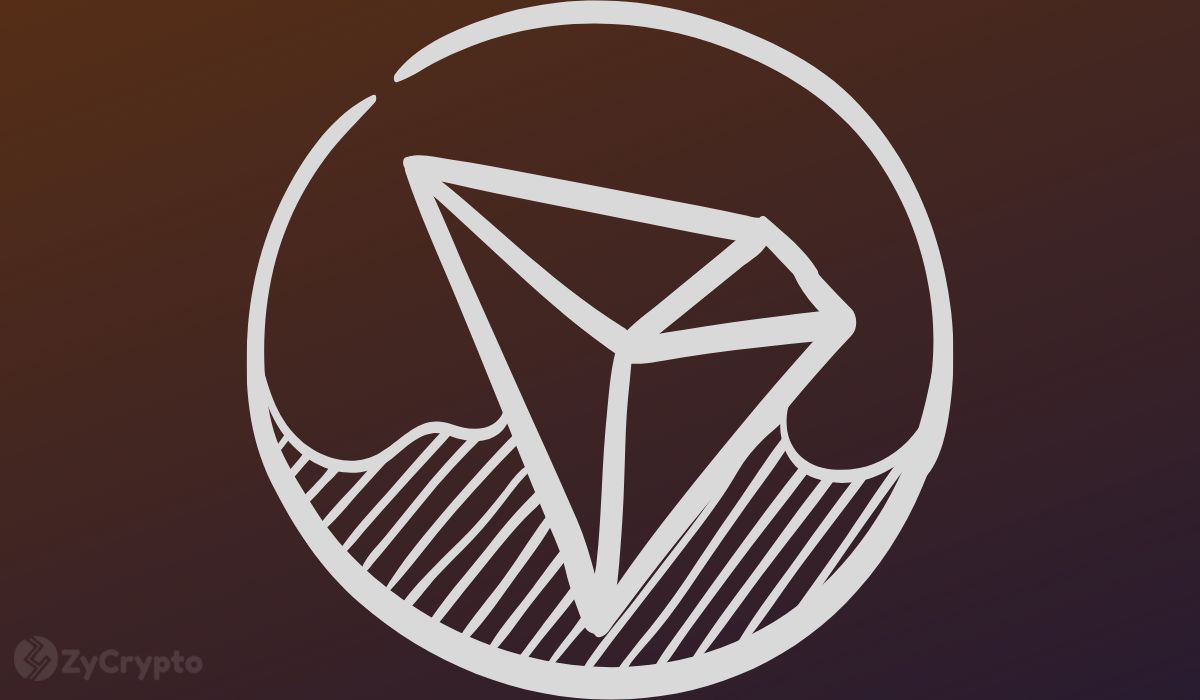According to quantitative trader and analyst Qiao Wang, the Tron blockchain has overtaken Bitcoin, Ethereum, and Solana as the cryptocurrency network, accelerating the most financial inclusion across the globe.

According to quantitative trader and analyst Qiao Wang, the Tron blockchain has overtaken Bitcoin, Ethereum, and Solana as the cryptocurrency network, accelerating the most financial inclusion across the globe.
Tron founder Justin Sun said the plan is to eventually serve 8 billion people around the world.
Tron To The Rescue?
In a Dec.24 tweet, Qiao Wang revealed something he has learned this year that was very hard for him to swallow. Wang claimed that Ethereum (ETH), Bitcoin (BTC), and Solana (SOL) have not helped bank the unbanked, as they are “too volatile, too expensive, or too new” to be used in developing nations by those without access to financial services.
In Wang’s opinion, Tron is the only blockchain that has banked the vast majority of financially excluded individuals. Tron enjoyed a tremendous first-mover advantage as it was one of the early chains enabling fast and inexpensive transactions. Moreover, the Justin Sun-founded network was one of the first chains that added support for Tether (USDT) stablecoin. Crypto exchange giant Binance supporting Tron in the early days also helped create a huge distribution channel.
The Ethereum network is notorious for congestion at peak times, which manifests in slower transaction processing times and high fees. As such, most USDT trading activity migrated to Tron. According to on-chain data, Tron is eating into Ethereum’s share of the Tether, making it the leading facilitator of USDT transfers.
Wang pointed out that the majority of individuals in developing countries interviewed suggested using USDT on Tron as the perfect use case for unshackling them from the exorbitant fees and lengthy delays involved in sending money home.
Tron’s Goal Is To Onboard 8 Billion People, Justin Sun Opines
Venture capitalist Nic Carter concurred with Wang that Tron, as a consumer blockchain, is the go-to vehicle for people in lower-income communities that are unbanked.
However, Carter observed that there has been a lot of intermediation happening in the stablecoin industry with fintechs and banks stepping in as crucial interfaces in creating or holding collateral. Carter claims these roles played by centralized platforms will push consumer-friendly blockchains like Tron to extinction in the future.
Justin Sun responded to Wang’s tweet, noting that, all things considered, the platform hopes to serve 8 billion people worldwide. Sun said Tron is “still in the early stages of developing this vision” but is very committed to realizing its objective.


